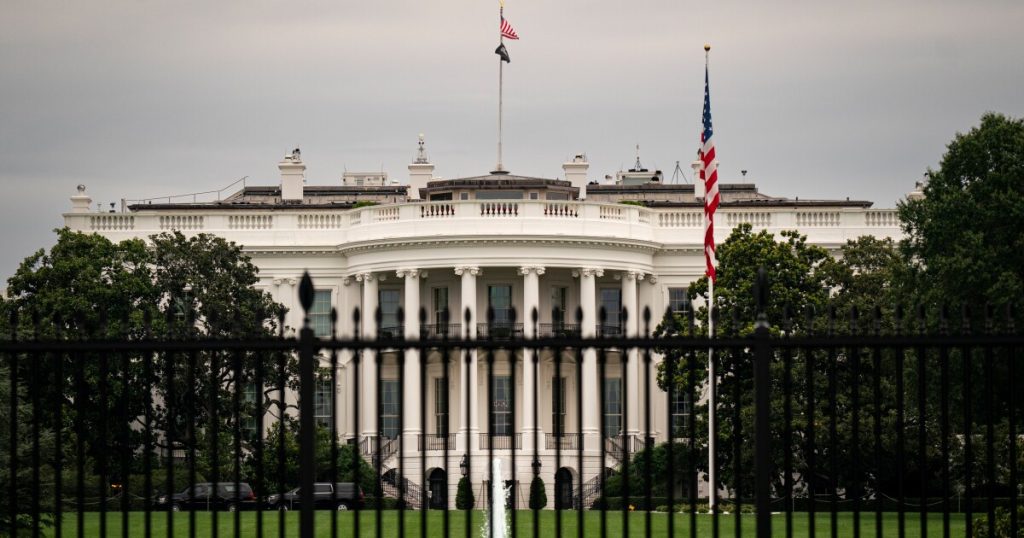President Trump’s working group on digital asset markets, established in January by executive order 14178, released a report this week providing recommendations about changes to crypto regulations and addressing the risks of illicit finance in crypto assets.
More recent estimates are still pending, but early indicators suggest continued growth in total illicit volumes.
By volume, the most common illicit transactions in recent years involve sanction violations, scams, money movement by known illicit actors or organizations and stolen funds.
AI’s role in crypto-enabled illicit finance
The White House report discussed AI as a tool for detecting such illicit transactions, stating that Treasury should “seek public comment and conduct research to identify innovative or novel methods, techniques or strategies that regulated financial institutions use to detect illicit activity involving digital assets.”
In its report, Chainalysis indicates that AI is also widely exploited by criminals. The company observed “the increasing use of artificial intelligence (AI) in the fraud and scams space, such as in highly personalized sextortion attacks,” according to its report.
Chainalysis also noted that “services have emerged that leverage AI to bypass know-your-customer (KYC) requirements,” and the report indicates that generative AI is “amplifying scams, the leading threat to financial institutions, by enabling high-fidelity, low-cost, and highly scalable fraud that exploits human vulnerabilities.”
Implications for U.S. banks and credit unions
In its report, the White House’s working group recommends several key actions related to illicit finance that directly impact U.S. financial institutions. If adopted, here’s what these recommendations would do:
Clarify permissible activities and provide guidance: The working group recommended that regulators relaunch crypto innovation efforts to clarify and expand permissible digital asset activities for banks, including custody, tokenization, stablecoin issuance, and the use of blockchains.
Agencies like the Treasury and Federal banking agencies would identify areas of uncertainty for traditional financial institutions providing services to digital asset actors and provide needed guidance on AML/CFT obligations and expectations.
Information sharing and collaboration: Treasury would encourage greater information sharing between the private and public sectors to effectively target bad actors, yet ensureing that the datait is used solely for combating illicit finance and terrorist activity. The working group highlighted two public-private information sharing programs as critical programs for this collaboration.
The first is Illicit Virtual Asset Notification (IVAN), a Biden-era program focused on improving timelines of detection and disruption of ransomware and other illicit virtual currency payment flows.
The other is
BSA obligations and reporting modernization: Congress would reinforce the importance of self-custody and clarify AML/CFT obligations for actors within the decentralized finance (DeFi) ecosystem, especially regarding “control” over user assets.
Treasury would continue modernizing Suspicious Activity Report (SAR) reporting, including greater use of AI and machine learning and updating forms to capture digital asset-specific information. For example, currently, cryptocurrency exchanges do not have a checkbox on FinCEN forms to identify themselves, so they are often categorized together with money services businesses.
The recently signed GENIUS Act also creates a federal regulatory framework for stablecoins, treating U.S.-licensed stablecoin issuers as “financial institutions” under the BSA and requiring them to comply with AML/CFT obligations.
Sanctions compliance: Treasury would issue a request for information to gather industry input on sanctions compliance and consider revising OFAC’s guidance for the virtual currency industry.
Hold laws: Congress would consider enacting a digital asset-specific “hold law” that offers a safe harbor to institutions for temporarily holding suspected illicit funds during investigations, while considering transparency and consumer protection.
Protection for financial institutions: Congress would tailor laws like 18 U.S.C. § 1014 to protect all financial institutions (defined under Title 31 of the U.S. Code), including those offering digital asset services, against false statements. In other words, it would make it illegal to lie to any company offering digital asset services to open or maintain an account.
Adopting the working group’s recommendations would also mean amending the anti-tip-off provision (18 U.S.C. § 1510) to make it illegal for digital asset firms to tip off suspects to law enforcement investigations — something that is already illegal for banks to do.

